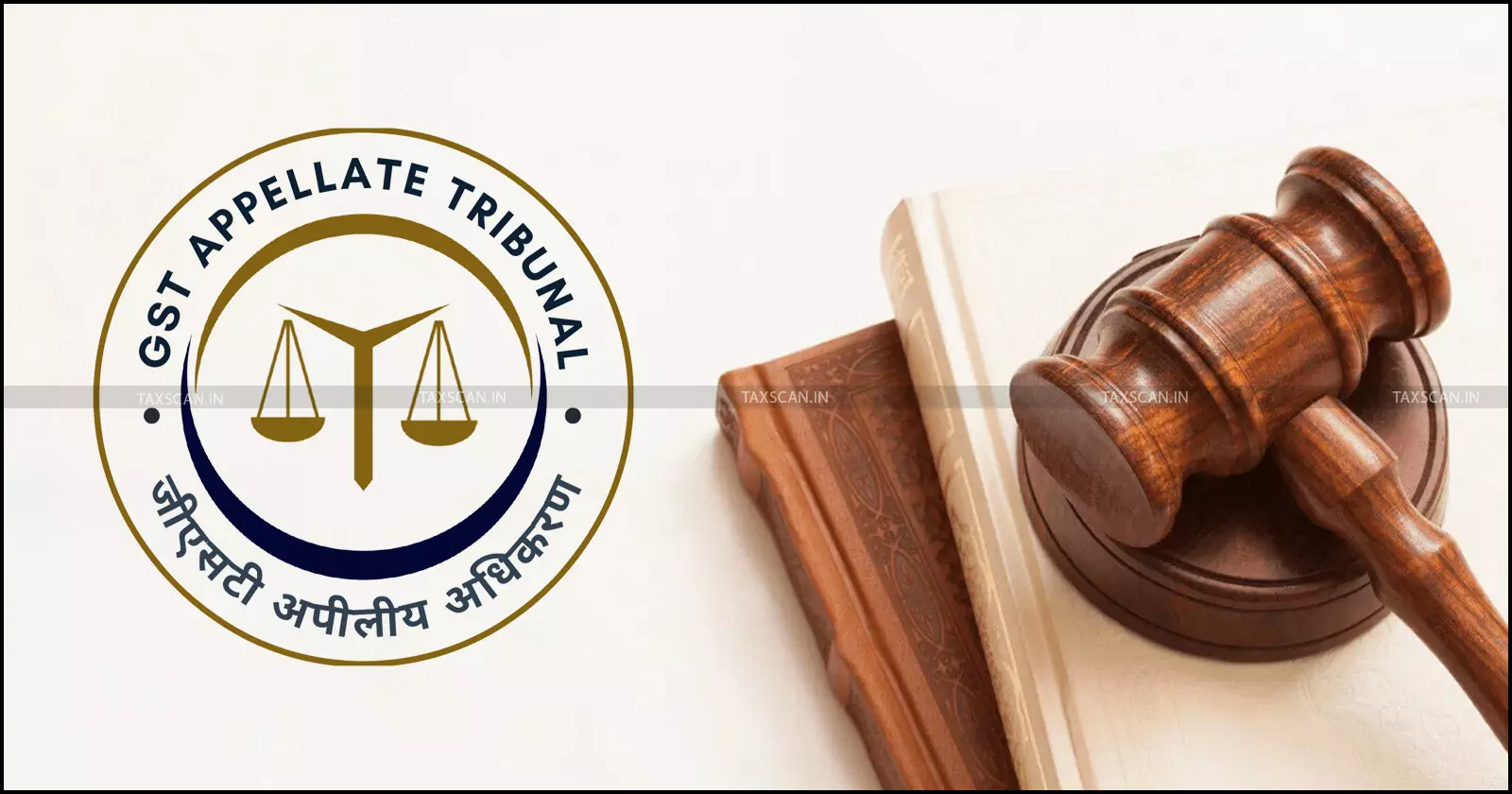GST Appellate Tribunal Appeal Filing: Find Checklist Here
With the Tribunal benches being set up in phases, many taxpayers preparing to file appeals have raised concerns about documentation accuracy, digital attestation, and procedural compliance. Here’s a Checklist to Ease the Process.

As the GST Appellate Tribunal (GSTAT) begins to operationalize across India, tax experts emphasize the importance of a detailed compliance checklist to ensure smooth filing of appeals under Section 112 of the CGST Act, 2017. The newly circulated “GST Appellate Tribunal Appeal Filing Checklist” aims to help taxpayers and practitioners avoid procedural lapses and document-related rejections.
After years of anticipation, the Government has notified the establishment of the Goods and Services Tax Appellate Tribunal (GSTAT), providing taxpayers with a long-awaited appellate remedy beyond the State and Central Appellate Authorities.
GST Appellate Tribunal Appeal Filing Checklist:
- Order of the Appellate/Revision Authority uploaded with a self-certified copy.
- Order appealed against (under Section 107/108 of CGST Act) uploaded with a self-certified copy.
- Issuing date of the order before which the appeal is preferred clearly stated.
- Case summary and facts of dispute properly mentioned.
- Statement of facts regarding the dispute included in the present appeal.
- All uploaded documents digitally signed by the person uploading them.
- Fees paid as specified in Rule 110(5) of the CGST Rules, 2017.
- Proper indexing and pagination of all documents.
- All documents uploaded from respective originals/scanned copies.
- Documents uploaded in English; if not, translations attached.
- English translation uploaded for non-English documents.
- Affidavit confirming accuracy of translation uploaded.
- Appellate/revisional authority details (designation, address, etc.) correctly filled.
- Notices or statements from lower authorities uploaded with self-certified copies.
- Show cause notices and related statements uploaded with self-certified copies.
- Details of issuing authority of earlier orders correctly mentioned.
- Previous order number and date correctly filled.
- Pre-deposit made as per Section 112(8) of CGST Act, 2017.
- All documents enclosed within a single, properly indexed PDF file.
- Signature of appellant/authorized representative affixed and scanned.
- Typed copies prepared in A4 size paper with double spacing and proper alignment.
- All uploaded pages scanned in proper DPI resolution without missing pages.
- All enclosures paginated and indexed correctly.
- All documents/enclosures scanned in full, readable format.
- Paper books, if any, properly included.
- Present appeal filed under correct “Category of Case” with proper code specified.
- Amount of demand as per appeal matches order under Section 107.
- Admitted amount under Section 107(3) matches with appeal data.
- Authorized representative details filled and authenticated.
- All affidavits and authorizations identified and uploaded.
- Digital signatures valid and used by authorized persons.
- All details of the order, officer, and case cross-verified for accuracy.
- Case category and appellate code correctly mentioned.
- All mandatory columns in the appeal form filled without omission.
- Remarks column used to clarify any deviations or missing data.
- “Any Other” field filled for special circumstances or condonation requests.
The checklist focuses on five major aspects of the appeal filing process: document verification, factual accuracy, digital compliance, legal conformity, and procedural completeness.
At the forefront, it requires appellants to confirm that orders of the appellate or revisional authorities have been uploaded with self-certified copies, in compliance with Sections 107 and 108 of the CGST Act. The checklist also mandates verification of the facts of dispute, details of the officer or authority involved, and accurate specification of the category of case.
Equally crucial is the requirement for digitally signed uploads. Every document, whether an order, notice, or statement, must be uploaded in A4 size, properly paginated, and scanned in high DPI resolution to ensure clarity and completeness.
The checklist highlights the significance of the pre-deposit requirement under Section 112(8), which stipulates that taxpayers must deposit a prescribed percentage of the disputed tax amount before an appeal can be admitted. Professionals are advised to cross-verify the deposited sum with the appeal form to prevent delays or rejections.
An important feature of the checklist is the section on translation and language verification. If any part of the documentation is not in English, the appellant must upload a certified English translation, accompanied by an affidavit confirming its accuracy. This step ensures uniformity and avoids interpretational discrepancies at the Tribunal level.
The form also emphasizes procedural precision, requiring appellants to ensure that all pages are accounted for, no pages are missing, and all enclosures are properly linked to the case index. Digital signatures, accuracy of appellant and respondent details, and proper upload of statements and notices are all mandatory.
Tax professionals should view this checklist as a critical tool in the transition to the GST Appellate Tribunal framework. Many appeals in the pre-GSTAT era were dismissed or delayed due to technical non-compliance or missing documentation. The checklist provides a ready reference to minimize such risks.
The structured approach will save time and bring consistency across different jurisdictions. It also ensures that cases reach the hearing stage faster, as GSTAT benches can focus on substantive issues rather than procedural defects.
By following these steps, appellants can ensure their cases are compliant, complete, and ready for early admission before the GST Appellate Tribunal
Support our journalism by subscribing to Taxscan premium. Follow us on Telegram for quick updates


